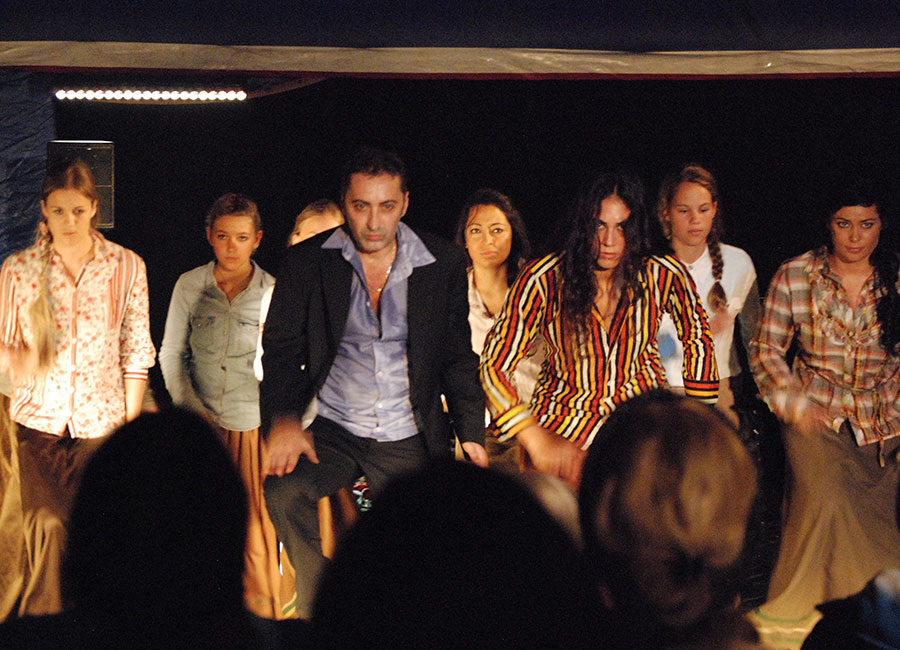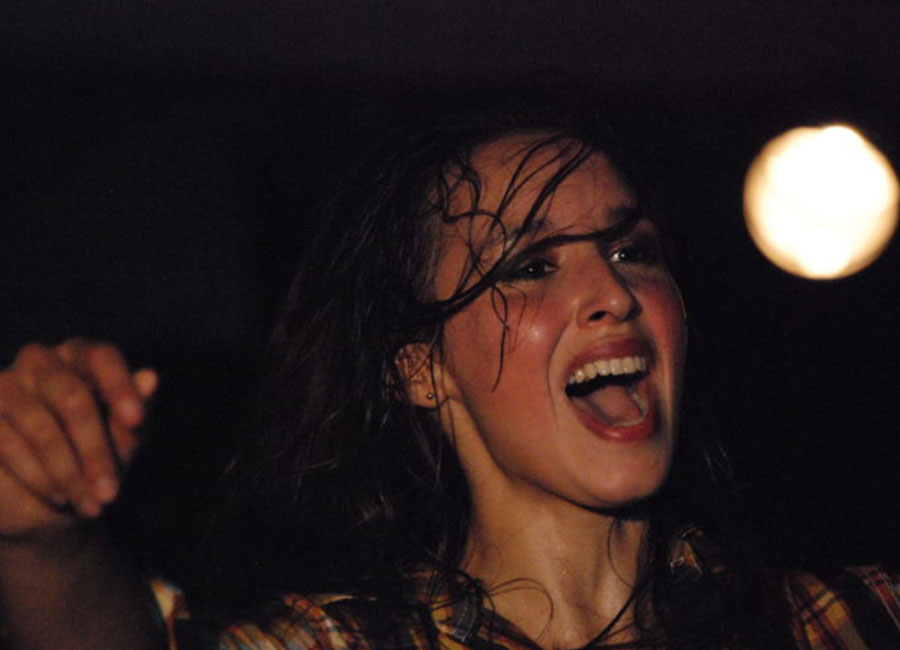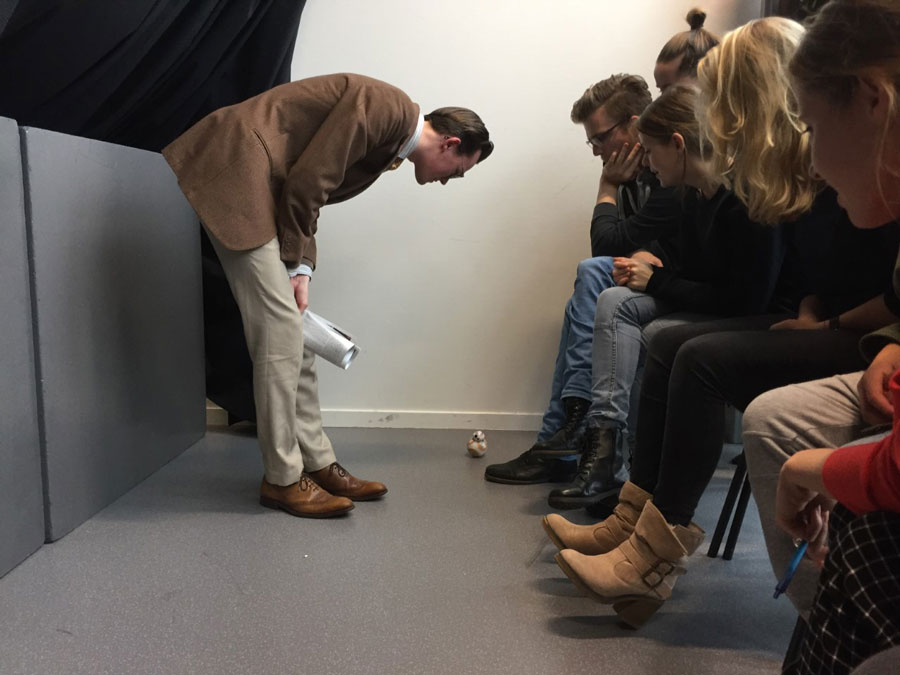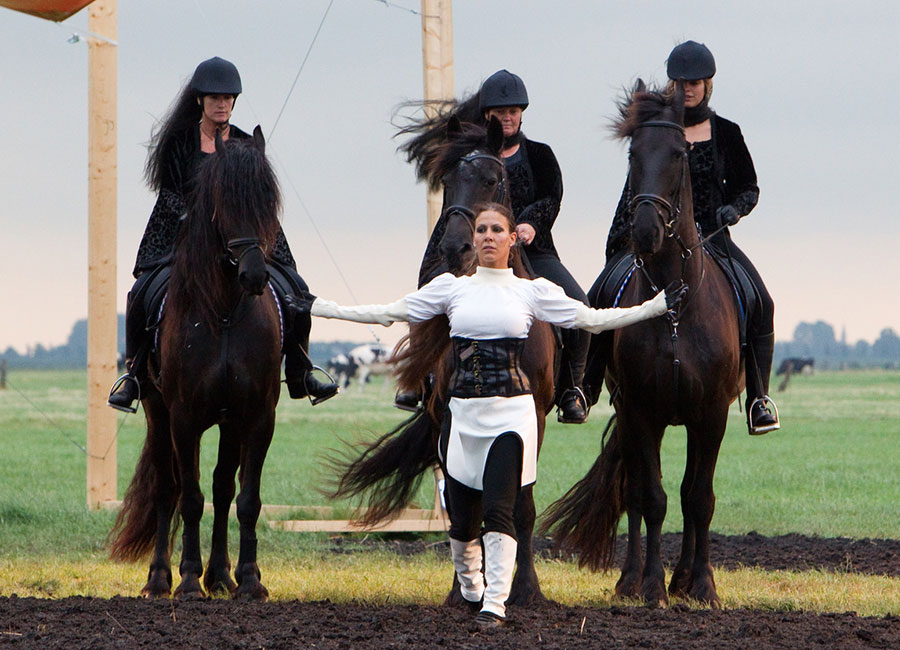Course Description
Do you have the ambition to act, do you perhaps dream of a professional theatre career? Then this theatre course might be something for you. In this course you will work on various aspects of acting.
In this all-encompassing introduction to theatre arts will serve new young artists as they take their first steps towards understanding “the basics” of theatre. Recognizing that the dynamic field of theatre is a useful tool for communication in any area, this course also serves as an excellent opportunity for students to sharpen their public speaking skills, the ability to collaborate with others.


Goals and Objectives
This course is designed to provide an introduction into the basics of stage acting. The students will gain basic skills in acting, analysing, improvisation, visualizations, breathing and relaxing as well as a working vocabulary of theatre terms.

Students are assessed for their dramatic and theatre production skills. They will also be assessed in terms of their preparation of materials for a performance or project, rehearsals for that performance, and the end product or final performance.
Drama and theatre is a collaborative subject area; therefore, each student is responsible for keeping up with their share of the work. They will need to research characters, memorize scripts and/or songs, and rehearse if necessary in and outside of drama class time.

Scene Work assessment
· Monologue: 2-3 minute monologue from either the list of recommended plays, or a book of contemporary monologues that you have pre-approved with me. (2-3 minutes.)
· Three Person Scene: You will perform a scene in collaboration with at least two other partners from the class. It is important to note that 20% of your grade for this project will be determined by your collaborators. I would therefore encourage you to maintain a professional and responsible attitude. We will define and discuss this grading criteria more in depth during class. (15-20 minutes or a minimum of 5 minutes per person)
· Two person scene: A two person scene from the list of plays on this syllabus or you may choose an alternate if you have it approved by me ahead of time. (10-15 minutes)
Course Outline
1. Orientation
2. Warm-ups
3. Physical Theatre / View Points
4. Vocal Technique
5. Improvisation
6. Realism (Lee Strasberg, Stella Adler and Sanford Meisner)
7. Masks
8. Devising a performance
9. Scene study
10. monologues
Secondary course
1. Monologues
2. Scene Study
3. Directing
4. Performance
"As long as I can remember I have the passion to create and organise theatre in which movement plays a major role"
Acting studies include stagecraft, improvisation, games and storytelling, mime, circus and physical theatre.
Voice studies cover voice and speech classes, poetry and prose, singing, phonetics, dialects and a great deal of work on language, including Shakespeare.
Movement studies cover pure movement, movement improvisation, mask work, dance and stage combat.
Acting Research investigates plays and theatre forms.


